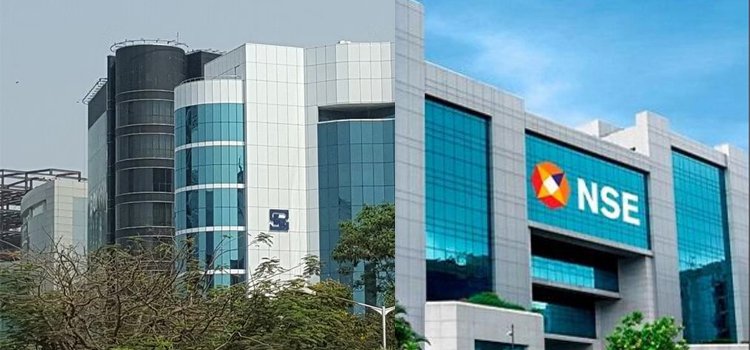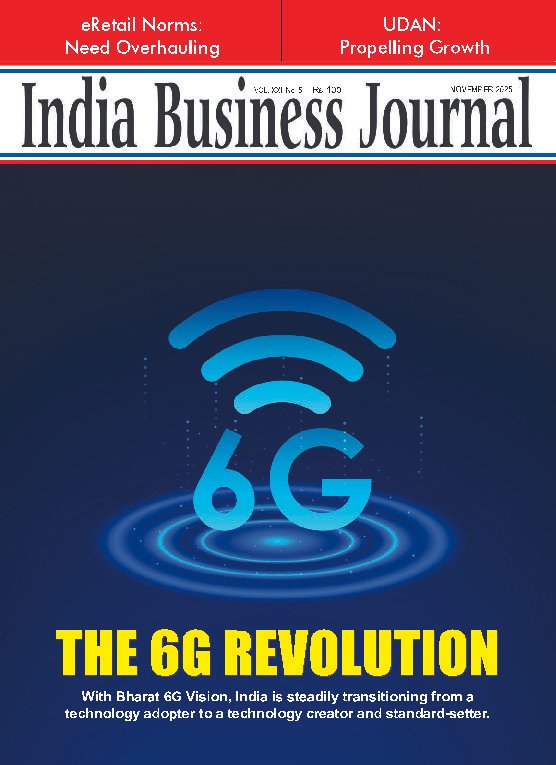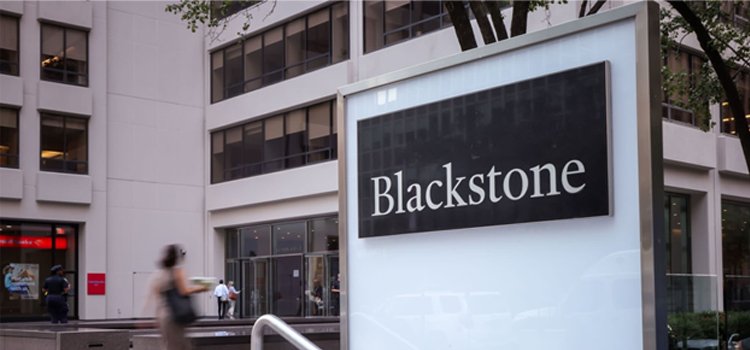MONEY
SEBI rejects NSE’s settlement application in co-location case
- IBJ Bureau
- Feb 14, 2024

The SEBI has rejected a settlement application by National Stock Exchange (NSE) in the co-location case. According to a report in a section of the media, NSE had filed under the consent mechanism of the market regulator. The mechanism allows market participants to settle any alleged security market violation by paying a fee and without admitting or denying guilt.
However, in this case, the market regulator has denied the stock exchange any relief under the mechanism. Instead, it is expected to proceed with the charges and issue a regulatory order soon.
The case pertains to alleged collusion between NSE officials and OPG Securities – one of the brokers accused of getting preferential access to the stock exchange’s servers, thereby providing it an undue advantage over other traders.
In 2019, the SEBI had passed a series of orders in the co-location matter, in which one of the key accusations was alleged collusion between NSE employees and OPG Securities. This order was challenged by both NSE and OPG Securities in the Securities Appellate Tribunal (SAT). Last January, the SAT had remitted the matter back to SEBI, asking the regulator to consider the charge afresh.
“SAT had observed that the SEBI’s 2019 order did not have sufficient evidence to link NSE and OPG employees. The SEBI however is taking a view that there is enough evidence to link the both,” the report adds, citing a source.
The main question in the case is whether NSE employees were working in tandem with OPG or was it a general case of negligence to take decisive action, one of the sources cited by the story has said. Charge of connivance needs stronger evidence like documents showing flow of money between parties or material indication tampering with the system, they have said.
The allegation against NSE is that it failed to take action against the broker despite being aware of the preferential access, and that it had failed to put in place checks and balances that would have ensured transparent access to participants.





















Report By
View Reporter News